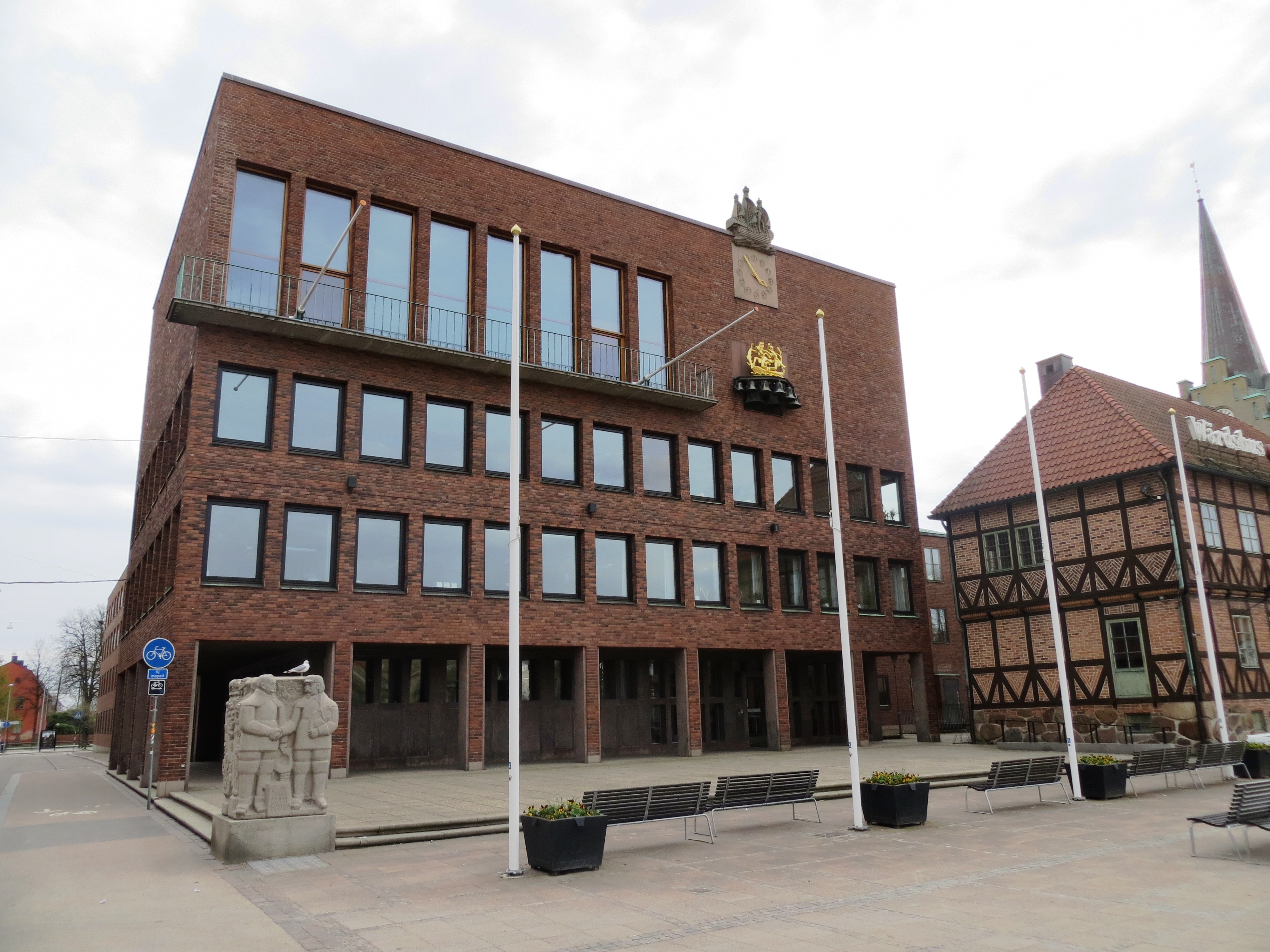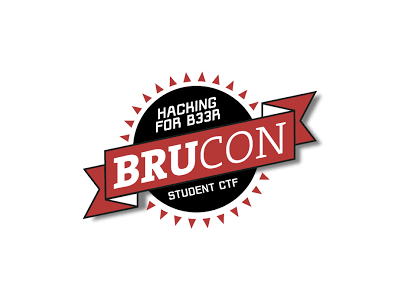For my internship I had the amazing opportunity to go to Halmstad University in Sweden.
In collaboration with another student, I got to choose between several different projects: smart device security research, writing a guide for starting a security research facility, and creating an IT guide for the elderly. After careful consideration, we decided to go for the smart device security research.
We divided the research into 3 distinct phases: research, practice, and documentation.
In the research phase my fellow student and I chose 3 different devices each. I chose a Lifx smart bulb, Nvidia Shield and a Bose 3000 home-speaker. I tried to find as much as possible documentation about these devices. During this phase there was a major setback because of the Coronavirus. We had to return to Belgium which complicated the practice/testing phase somewhat.
In the testing phase we worked at our own homes on our own devices. With the "remote" help of our tutor from Sweden we managed to create some basic equipment: a packet sniffer made from a Raspberry Pi. There were, however, no complete guides available, so I created my own guide on how to set-up the packet-sniffer. After capturing and interpreting the data from the smart devices I tried some known exploits and a brute-force attack. Sadly this was not possible because of the limitations I had when working at home: I couldn’t take the devices apart to read the chips because they were my own and I didn't have enough computer power to do a brute-force attack. I tried a couple of other programs and scripts which I found online or were already built-in into Kali-Linux.
When the test phase was done the last phase began: the documentation phase. We had never made an academic research paper before which made it really difficult to form all the data into an official paper. Our guide/tutor in Sweden helped us a lot during this phase , which we appreciated enormously.
You can find the research paper in the link below as well as the packet-sniffer guide. Mind you, this is not the final version of the paper as it still needs further reviewing. It will also be judged by a jury in Stockholm in August 2021.
A really big thanks to Torben Svane, my internship mentor. This internship wouldn’t have been possible without him.








